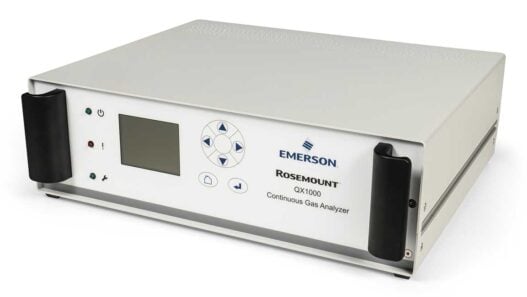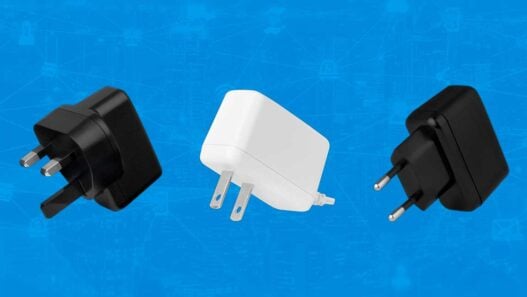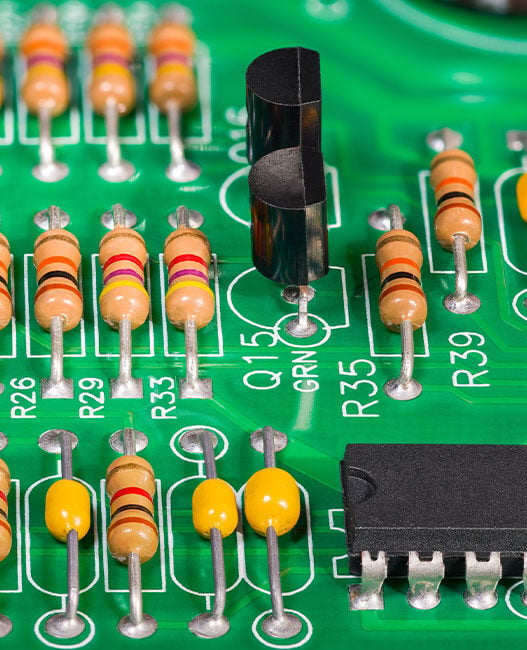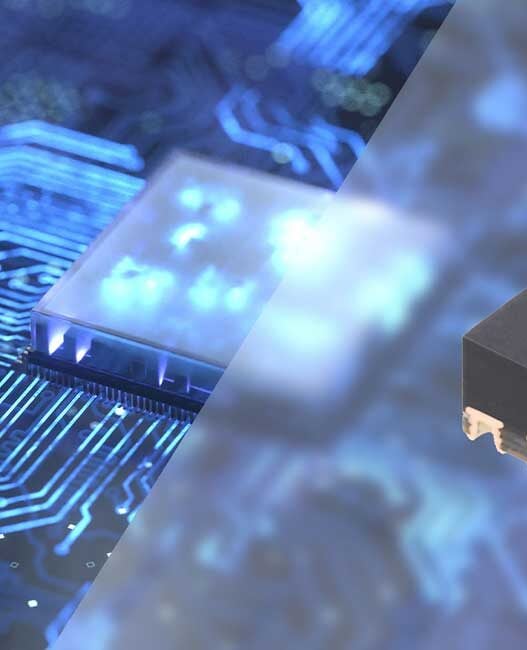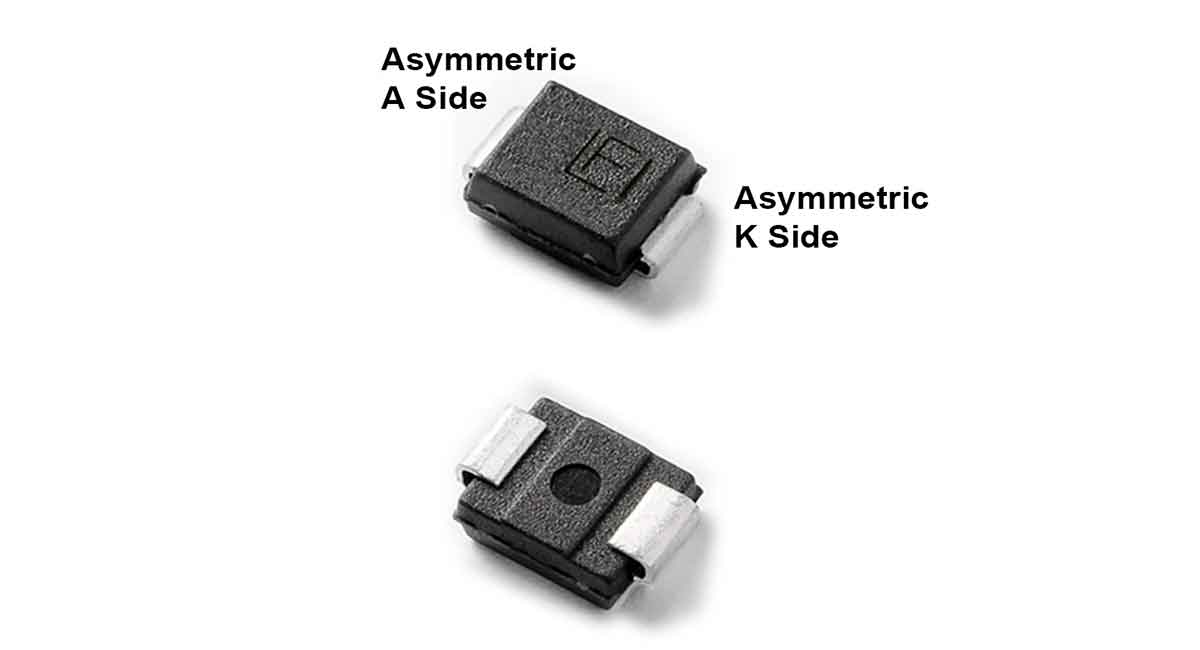Bar Caps are multiple decoupling/blocking capacitors configured in a single array. They are specifically designed for MMIC circuits and RF Bypassing requiring multiple capacitor applications, such as Multiple Decoupling or RF Bypassing Networks. Due to their High Q and low inductance, these multiple capacitor array devices have become an integral circuit component. Bar Caps can be integrated into an IC package to reduce bond wire lengths and leading to improved performance and simplified assembly. The result is reduced complexity and lower production costs.
Operating at frequencies up to 30GHz they are suitable for DC Blocking, RF Bypassing, Decoupling, and GaAs IC’s. They are supplied with 100μ” gold metallisation, with a Ni Barrier Layer, for wire bonding. Standard and custom package sizes are available to provide different capacitance values.
Gap Caps are series configured precision Capacitors for Microwave Applications such as DC Blocking and RF Bypassing where their low insertion loss and high resonant frequencies make them suitable devices. This product’s recessed metallisation configuration eliminates the need for wire bonding up to 100GHz and minimises the potential of shorting during epoxy or solder attachment – therefore reducing performance variations.
Capacitance values are available from 0.2-800pF and, operating at frequencies up to 30GHz, they are suitable for DC blocking, RF bypassing, filtering, tuning and coupling. Customised solutions are available alongside catalogue product.



